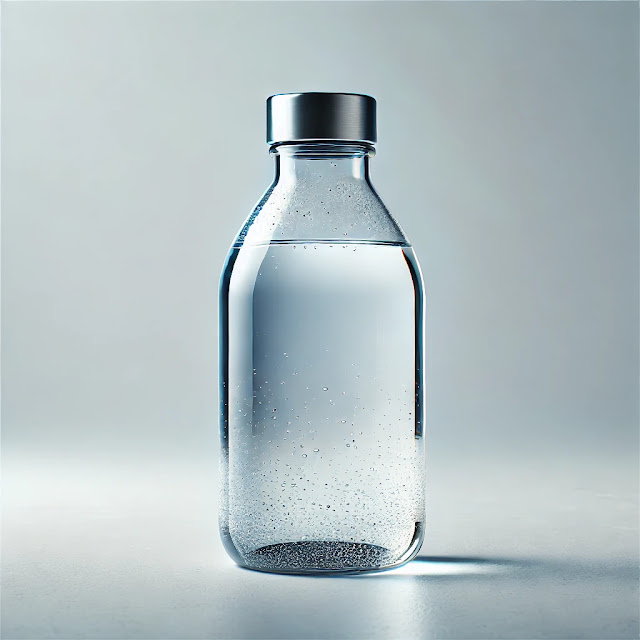Water stored in a glass bottle is a safe and eco-friendly way to keep your drinking water fresh. But how long can water actually last in glass, and what should you know about storage?
In this article, we’ll dive into the key factors that affect water’s longevity in glass bottles and provide helpful tips to keep your water safe and clean.
Why Choose Glass Bottles for Water? 🥤
Glass bottles are an excellent choice for water storage for several reasons:
- Non-reactive material: Unlike plastic, glass does not leach chemicals into the water.
- Eco-friendly: Glass is reusable and recyclable, making it a sustainable option.
- Keeps water pure: Glass does not retain odors or flavors, ensuring a clean drinking experience.
How Long Can Water Last in a Glass Bottle?
The duration for which water remains fresh in a glass bottle depends on several factors:
1. Sealed and Unopened Bottles
When water is stored in a sterilized glass bottle that is properly sealed, it can last indefinitely. This is because the seal prevents any contaminants from entering the water. Many commercially bottled waters come in glass and are designed for long-term storage. As long as the seal is intact and the bottle is stored properly (in a cool, dark place), there is no expiration date.
2. Opened Bottles
Once a glass bottle is opened, the water becomes exposed to air, bacteria, and environmental particles. It is best to drink the water within 3 to 7 days, especially if kept in the refrigerator. Even though glass helps maintain purity, exposure to air can lead to bacterial growth over time.
3. Storage Conditions
To keep water safe for long-term storage, pay attention to these conditions:
- Temperature: Store the bottle in a cool place away from direct sunlight. Heat can cause the water to degrade or promote bacterial growth.
- Light: Keep the bottle in a dark area, as light can encourage algae growth in water, especially if left for prolonged periods.
- Cleanliness: Ensure that both the bottle and the water are clean and sterilized before storage.
Signs Water Has Gone Bad 🌿
While properly stored water in a glass bottle should last a long time, there are signs that it might be time to replace it:
- Foul Odor: If the water smells musty or off, it could be a sign of bacterial growth.
- Taste Change: Water that has absorbed odors from the surrounding environment may taste metallic or stale.
- Discoloration: If the water looks cloudy or has particles floating in it, it's no longer safe to drink.
How to Store Water in Glass Bottles for Long-Term Use 🗓️
To ensure the longevity of your water, follow these tips:
- Sterilize the Glass Bottle: Before filling the bottle, ensure it’s completely clean and free from any residue.
- Use Fresh Water: If possible, use filtered or purified water to reduce the risk of contamination.
- Seal Tightly: Use an airtight cap to prevent air from entering.
- Store Properly: Keep the bottle in a cool, dark place to prevent light or heat from affecting the water quality.
FAQs About Storing Water in Glass Bottles
Q: Can water go bad in a glass bottle?
A: If unopened and stored correctly, water in a glass bottle can last indefinitely. However, once opened, it's best to consume the water within a few days to a week.
Q: How should I clean my glass water bottle?
A: Clean your bottle with hot soapy water and a bottle brush to remove any residue. Rinse thoroughly to ensure there are no soap remnants before refilling.
Q: Can I store water in a glass bottle in the fridge?
A: Yes! In fact, storing your water in the fridge is a great way to keep it fresh for a longer period, especially after opening.
Key Takeaways
- Sealed water in glass bottles can last indefinitely if stored properly.
- Once opened, it's best to drink water within a week.
- Keep the water in a cool, dark place to ensure it remains fresh and safe to drink.
Storing water in glass bottles is a safe, environmentally friendly choice, as long as you follow the proper guidelines for storage and cleanliness. 🥤💦

Comments
Post a Comment